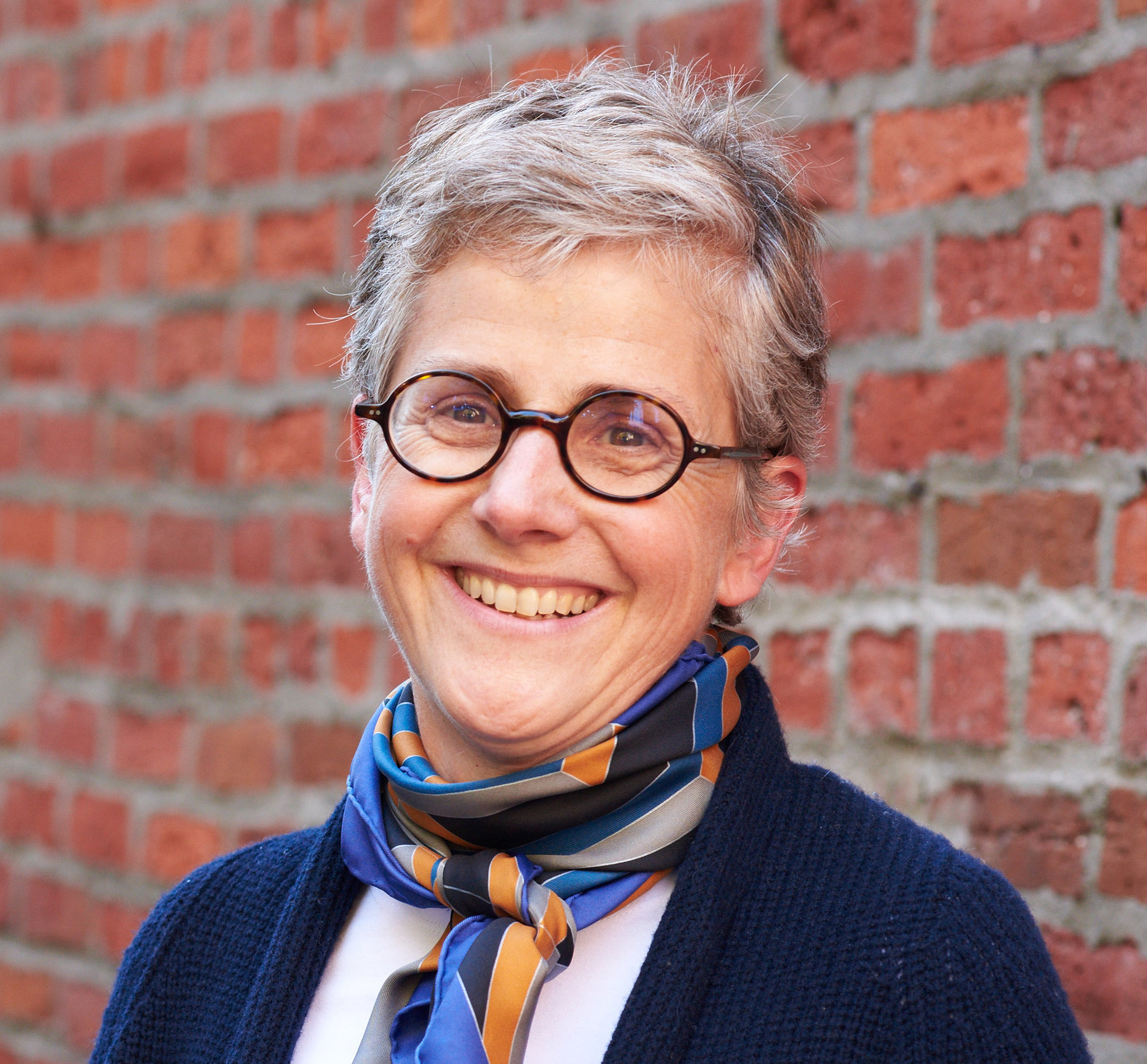The following is an article by Rev. Lauren Smith, who gave us permission to republish this piece which first appeared in the September 2019 edition of the UUA’s Monthly Tidings.
Dear Friends,
I hear stories like this all the time in my current capacity as Director of Stewardship and Development for the UUA:
“A few members of the church give most of the money.”
“We just can’t get our RE families to give money or volunteer.” “Nobody is willing to talk about money.”
The trick to getting unstuck with your congregation’s fundraising is rarely technical. When problems are truly intransigent, the troubles are usually cultural more than technical. And a cultural problem requires a cultural solution. Which means, among other things, that you’re in luck: the key to finding the remedies that will loosen those stuck problems in your congregation are hiding in plain sight, in the form of those pervasive toxic narratives that have been holding you back.
By exploring old, painful stories with curiosity and open-heartedness, our communities can discover and live into a richer, more fulfilling future.
Writer Martha Beck teaches her students to ask two questions about the painful stories they carry: First, Is my painful story working? Second, Is my painful story true? Many of the stories our congregations carry about money contain truth, but they almost never represent the whole truth of a situation. And they’re rarely working. Beck suggests that by flipping those stories on their heads, we can identify roadmaps to newer healthier narratives and a more life-giving future. For example: “RE families are contributing their time and money to the church.” Or “Our RE families just can’t get us to accept their time and money.” If you flip the original story in different ways, you usually land on a version that resonates strongly and that will invite you into a new way of being in and seeing your situation. Then you can root yourself in that story.
Adopting this new perspective, new possibilities open up. In a congregation where “RE families contribute,” congregational leaders might ask members with children in the religious education program to reflect publicly about the ways they give and serve, some of which may be invisible to the community at large. In the congregation where “people are dying to talk about money,” religious educators and staff could collaborate to create a Small Group Ministry session about money and spirituality, then invite participants to share some of their reflections in a service. By exploring old, painful stories with curiosity and open-heartedness, our communities can discover and live into a richer, more fulfilling future.
For more information about this practice, see Martha Beck’s book, The Joy Diet.
In faith,
Rev. Lauren Smith

Rachel brings communities together to finance the things they value most. She is committed to stewarding our Unitarian Universalist communities toward healthy relationships with money and value. Her TEDx talk focuses on how we might create value together. She also co-founded and lead an innovative crowd-sourced lending platform, Community Sourced Capital. Reach Rachel at Team@Stewardshipforus.com

